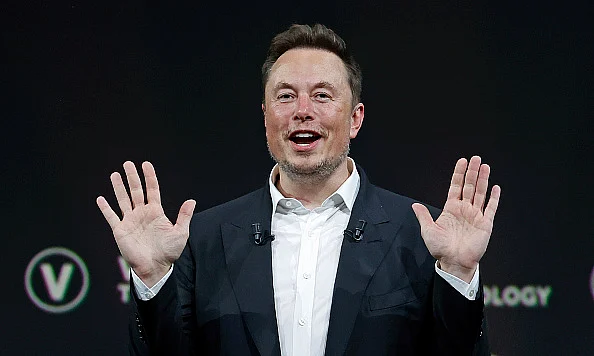
Tata Group ties an alliance with Elon Musk's Tesla for EV supply chain: Report
- 21.03.2025 08:02
- fortuneindia.com
- Keywords: DANGER, SUCCESS
Tata Group companies are building a supplier network with Tesla in India, positioning themselves for a larger role if Tesla expands manufacturing there. Tesla is also planning to source $1.7 billion in auto components from India and has leased a showroom in Mumbai as it explores market entry.